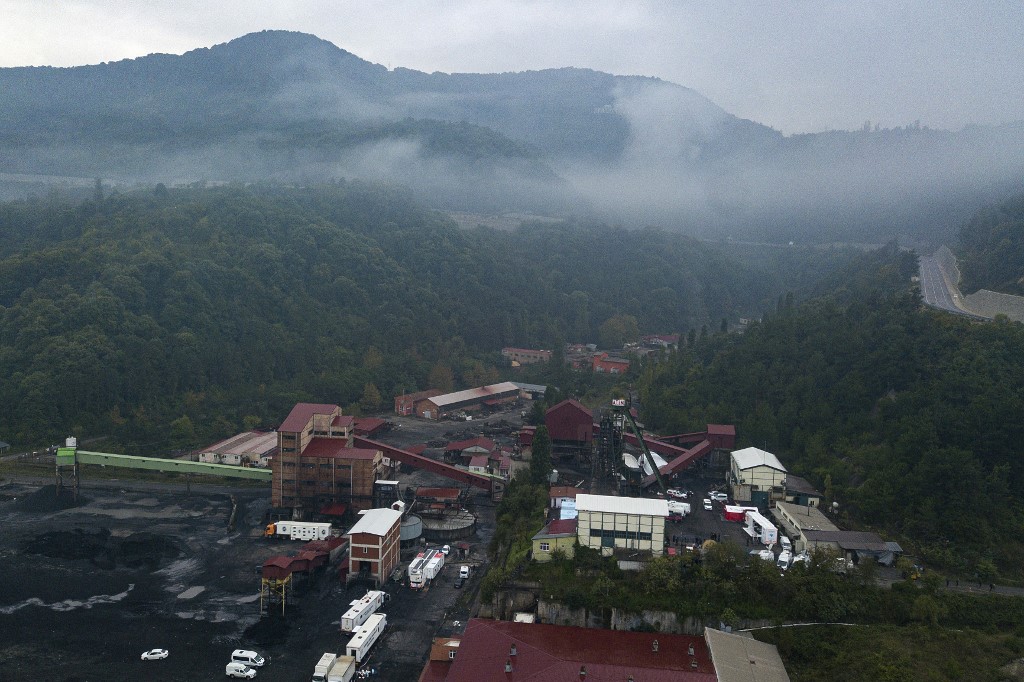A Turkish court on Tuesday began to hear the trial of 23 defendants –- eight of whom are in pretrial detention –- who are accused of responsibility for an October disaster in northwestern Turkey that claimed the lives of 42 miners, the state-run Anadolu news agency reported.
A methane blast that ripped through the mine near the small coal town of Amasra on Turkey’s Black Sea coast killed 42 miners and injured 10. The mine was operated by the state-owned Turkish Hard Coal Enterprises (TTK).
The first hearing in a Bartın court saw the attendance of the 23 defendants, including Cihat Özdemir, manager of the mine, as well as plaintiffs, the families of miners killed in the explosion and attorneys representing both parties.
Among the suspects arrested on charges of “causing multiple deaths and injuries through culpable negligence” were Özdemir, the mine’s co-manager Salih Atmaca, business manager Selçuk Ekmekci, Chief Engineer for Occupational Safety and Training Volkan Soylu, Chief Engineer Mehmet Tural, mining engineers Levent Aydın and İbrahim Hakan Mengeş and safety engineer Şahan Kahraman.
The indictment seeks more than 1,000 years in prison each for Özdemir, Ekmekci, Soylu and Tural on charges of killing and injuring “with probable intent” and imprisonment ranging from two to 22 years for the crime of “causing the death and injury of multiple people through culpable negligence” for the remaining 19 suspects, four of whom are under in pretrial detention.
Turkey’s ruling Justice and Development Party (AKP) came under fire following the blast due to its failure to prioritize the safety of workers and for portraying a preventable accident as “fate.”
Work accidents are common in Turkey, where economic development can ride roughshod over safety concerns, particularly in the construction and mining industries. The country has recorded 1,898 mining fatalities since the AKP came to power in November 2002, according to data from the Health and Safety Labor Watch (İSİG).
Turkey suffered its deadliest coal mining disaster in 2014 when 301 workers died in a blast and ensuing fire that brought down a mining shaft in the western town of Soma. Five mine managers were found guilty of negligence and sentenced to up to 22 years in prison.

